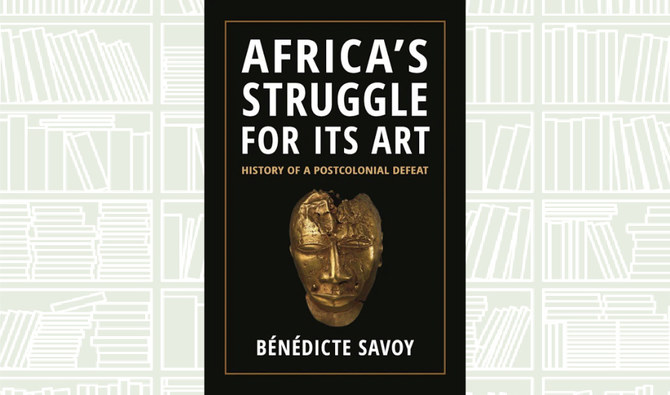For decades, African nations have fought for the return of countless works of art stolen during the colonial era and placed in Western museums. In “Africa’s Struggle for Its Art,” Benedicte Savoy brings to light this largely unknown but deeply important history. One of the world’s foremost experts on restitution and cultural heritage, Savoy investigates extensive, previously unpublished sources to reveal that the roots of the struggle.

What We Are Reading Today: ‘Climate Dynamics’

- This second edition includes updated and expanded information on hydrology, the cryosphere, observed contemporary climate change, and climate prediction
Author: KERRY H. COOK
“Climate Dynamics” provides an essential foundation in the physical understanding of Earth’s climate system. Assuming no previous introduction to the climate system, the book is designed for all science, math, and engineering students at the advanced undergraduate and beginning graduate levels.
This second edition includes updated and expanded information on hydrology, the cryosphere, observed contemporary climate change, and climate prediction. In addition, the illustrations are expanded and now in full color.
© 2026 SAUDI RESEARCH & PUBLISHING COMPANY, All Rights Reserved And subject to Terms of Use Agreement.















